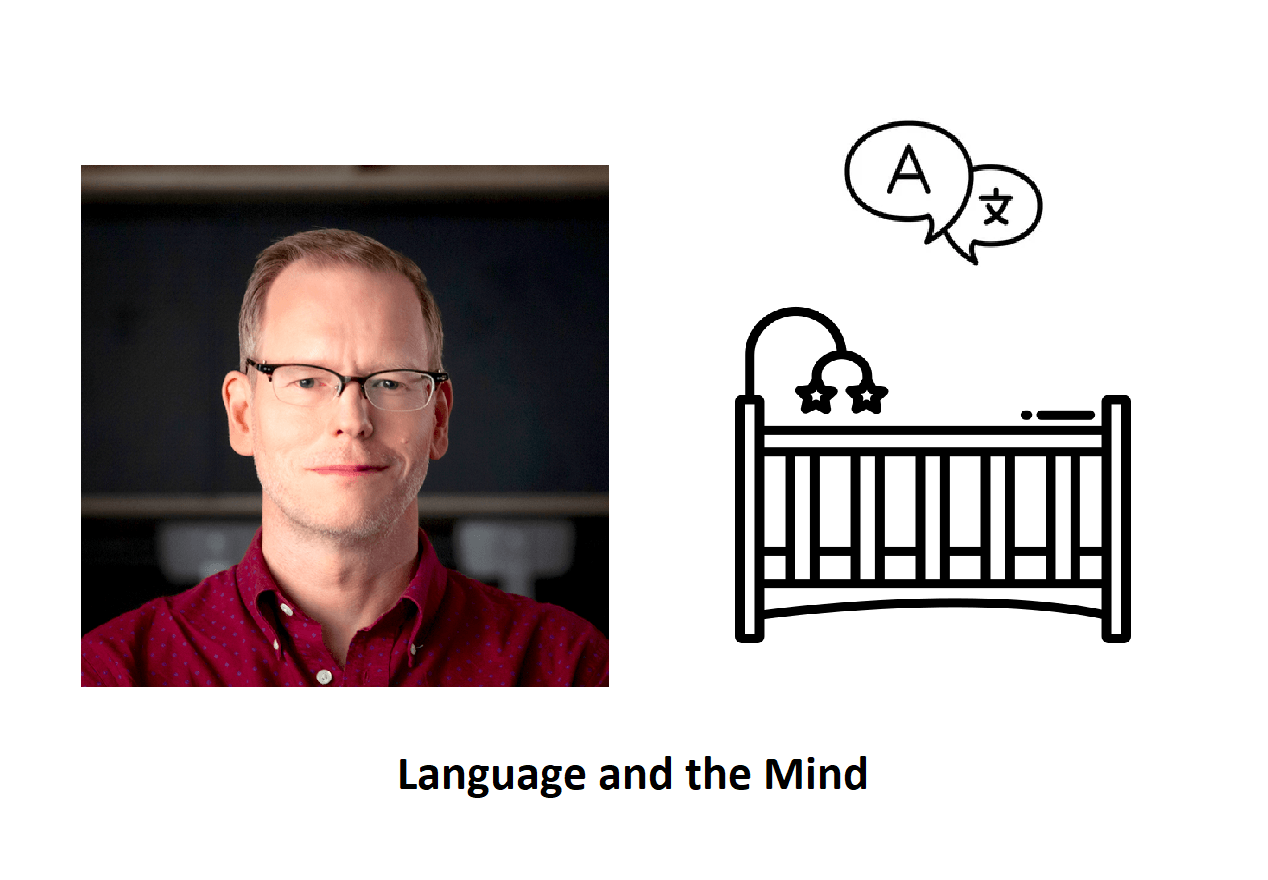My first question will be about language for children under the age of one year. Many of us think that children don’t have any knowledge or any kind of processing for the language in the brain at that age, but you mentioned that listening to multiple languages could enhance perspective-taking and categorical perception. So, how can a mother or a father take advantage of such a fact while dealing with a child who is still in that age?
Well, the first really interesting thing that you mentioned there is that babies know a lot more than they let on. If you just look at a baby, it seems like they’re basically sleeping, crying, and eating all the time, but they already have some impressive skills. And so, you mentioned understanding the language, for example, in your native language or understanding two languages in your environment. Babies can already differentiate speech sounds at birth, at literally one day of age. They are categorically separating sounds that are not only in their native language but remarkably in every language that could exist. And so, regardless of where our babies born, they have an innate ability to hear the speech sounds and distinguish them in their native language.
What happens over the first year of life is if you’re exposed to just one language, you narrow your neural capacity just to distinguish those speech sounds in your native language, and you lose the ability to distinguish all those other sounds. So, if I’m born into English-speaking parents, I start being able to hear all these sounds, but then I specialize in English phonemes and English categories, and then I lose this other ability.
The beauty of being exposed to multiple languages early on, what we call crib bilinguals, crib by language exposed to at least two languages in the crib at birth, they can handle those two languages, and they can keep them separate. I can talk about how they do that, but they can handle those, and so they’re not creating anything; they’re just not eliminating as much as a monolingual.
Well, so basically a bilingual or trilingual is just keeping the language abilities that were already there and they open whereas everyone else shuts them down because they don’t hear them. And so, when I would recommend to any parents who wants their child to be bilingual, is speak multiple languages to your child, even if it doesn’t look like they’re paying attention or listening, they’re learning. And here’s a tip: it’s best if one parent speaks in one language and another parent speaks in another language, and you keep that kind of not rigid but you would want to keep it pretty consistent. It’s easier to learn language at multiple languages if you can associate one person with like English and another parent with like Arabic, for example.
This post is part of multiple topics about “Language and the Mind”, a podcast that has been published in Real Sciences with Spencer Kelly the co-director of Colgate’s Center for Language and Brain in Colgate University.
Link to Language and the mind: https://www.amazon.co.uk/Language-and-the-Mind/dp/B085SZ9PSZ


0 Comments